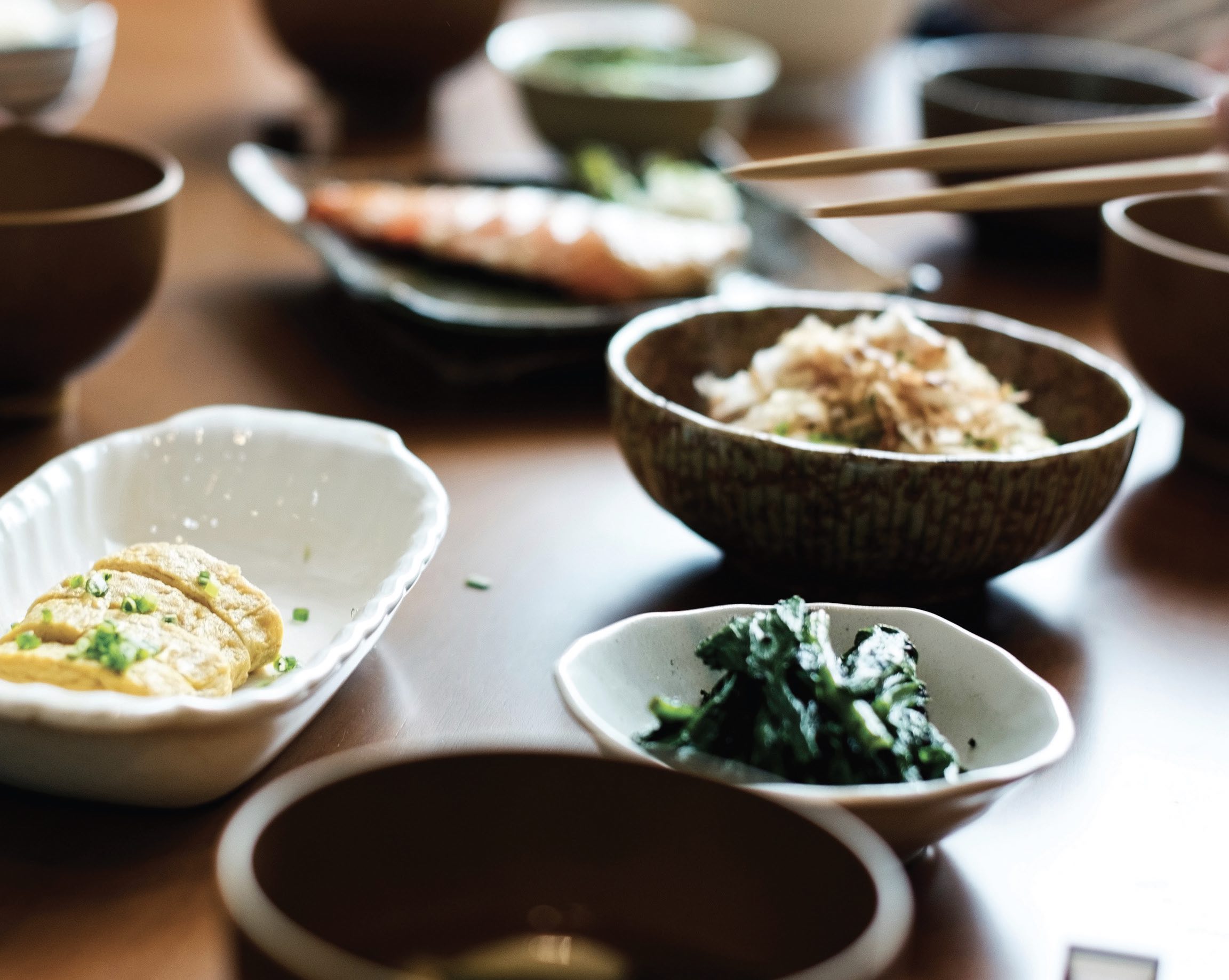The benefits of slow-release food
By Dr. Selim Erhan, TLT Editor | TLT From the Editor August 2023
It’s time to change our everyday eating patterns.

I recently attended a conference in Malaysia. The people were very friendly, the conference was very informative and the food was very tasty. I was able to go out with my Asian colleagues and taste Chinese, Malaysian, Thai and Vietnamese food cooked with local ingredients. The rich flavors from the spices were, of course, much different than what I am accustomed to. So, I ate slowly, trying to identify the different ingredients, savoring each bite and letting the flavors sink into my memory. It was quite enjoyable. The meals took much longer to finish, which also prolonged the enjoyment.
Then I started thinking, why do I not eat this way every day? At school we wanted to finish lunch as quickly as possible to go out and maximize our play time. At most jobs I had approximately 30 minutes for lunch. Later on, when we got computers at our desks, we stopped eating with colleagues, and lunch became a focus time to catch up on the daily news. This is not a good habit as it prevents enjoying food, isolates us from other people and, on top of everything, we read mostly depressing news. One could argue that it saves time, but at what cost?
Then there is the question of the portions. Coming back from Malaysia, I was flying on Japanese Airlines, and I chose the traditional Japanese menu. The food came in small dishes. The amount was truly a single forkful in some. But with chopsticks, which is not easy for me, I had to pay attention to not lose a single morsel. This took time. The food in those tiny cups took a lot of effort and concentration and, thus, when done was immensely satisfying. I enjoyed each morsel because I had to work so hard to get them into my mouth. The rewards were not only psychological but also came from having time to enjoy all the different flavors!
This kind of eating is not unique to Asian countries. In the Mediterranean there is a rich culture of eating a variety of appetizers. These appetizers come in small amounts. The Spanish have their tapas, and the Eastern Mediterranean countries have their mezes! Names are different, but the concept is the same, and the amounts are small. The small containers force you to take smaller amounts, and the smaller amounts force you to pay attention to the flavor of each mouthful because there are maybe two more mouthfuls left from that dish! Meanwhile one starts talking, slowly cleansing the palate with some alcohol, which adds to the enjoyment. Pretty soon we are full before the main dish arrives! Therefore, the main dishes are always in small portions.
If we switch to chemistry, we see that when eating slowly, we give the body enough time to signal when the needs are met. If we eat fast and if portions are big, by the time the body realizes there is enough food in the system, it is too late—we have oversupplied and now the body has to work more to store it. Another bad side of this is that if the food comes in too quickly, the body overproduces insulin, especially if the food contains a lot of sugar. When the digestion is done, the surplus of insulin signals hunger. This is why we get hungry so quickly after eating a very large meal. A lot of ready food and some bread contains high amounts of sugar, forcing the body to produce unproportional amounts of insulin to digest what it sees as a massive surge of glucose. This helps sell more food and eventually more clothes, and it is good for business but not good for the consumer.
So, I decided to change my everyday eating pattern—smaller sizes, more variety and focus on the pleasure of eating. I also stopped reading the news at lunchtime. It has produced a win-win-win situation for better taste, more enjoyment and better health!
Dr. Selim Erhan is director of business development for Process Oils Inc. in Trout Valley, Ill. You can reach him at serhan@processoilsinc.com.